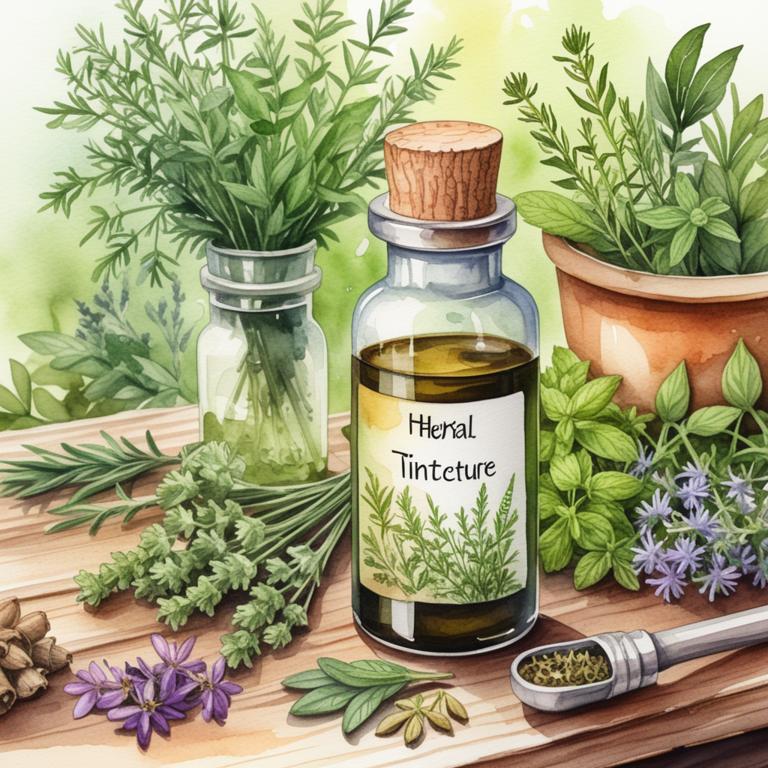Updated: Dec 1, 2024
Sinus Headache Prevention and Treatment: Causes, Herbal Remedies, and More
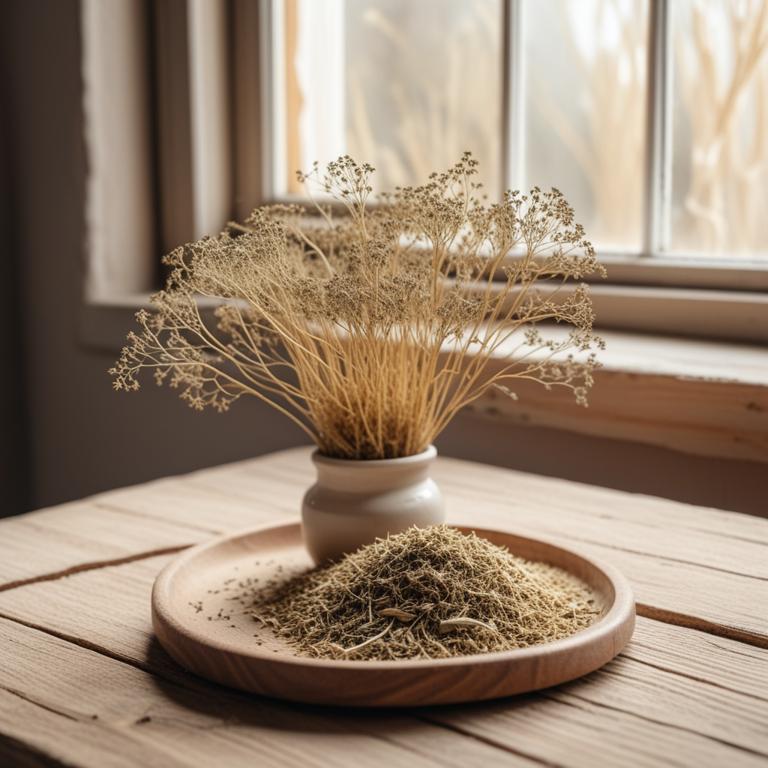
Sinus headaches can be a real nuisance, causing pressure and pain in your face, nose, and head.
It can make even simple tasks feel like a chore, and leave you feeling exhausted and irritable. But what causes these headaches?. Often, it's due to a buildup of mucus in your sinuses, which can be triggered by allergies, colds, or sinus infections. To alleviate sinus headaches, some people turn to herbal remedies.
Herbs like eucalyptus, peppermint, and thyme have natural decongestant and anti-inflammatory properties that can help ease congestion and reduce pain. These herbs can be consumed in various forms, such as teas, tinctures, or essential oils. Drinking a warm tea made with eucalyptus and peppermint can be a soothing way to calm your sinuses and ease congestion. You can also try inhaling the vapors from a bowl of hot water with eucalyptus essential oil or add some thyme to your soup or stew.
Additionally, taking a warm shower or bath with eucalyptus oil can help loosen mucus and clear your airways.
Table of Contents
- What are the underlying factors that cause sinus headache?
- What benefits can be expected from using herbs to alleviate sinus headache?
- What medicinal herbs are typically used to alleviate sinus headache symptoms?
- What are the common herbal remedies for sinus headache?
- What herbs are not recommended for people with sinus headache?
- FAQ
What are the underlying factors that cause sinus headache?
The main causes of sinus headache are usually related to inflammation or infection in the sinuses.
Allergies can cause sinus headaches because when we breathe in allergens like pollen, dust, or mold, our body's immune system reacts by releasing histamine, which causes the blood vessels in the sinuses to swell, leading to pain and pressure. A cold can cause sinus headaches because the cold virus can cause the sinuses to become inflamed and congested, blocking the normal flow of mucus and creating a perfect environment for bacteria to grow, leading to infection. The flu can also cause sinus headaches because the flu virus can cause severe inflammation in the sinuses, leading to pain and pressure.
Sinusitis is an infection or inflammation of the sinuses that can cause sinus headaches. It's usually caused by a bacterial or viral infection that can spread from the nose or throat into the sinuses. Rhinitis is another cause of sinus headache because it's an inflammation of the nasal passages that can cause the sinuses to become congested and blocked.
Polyps are growths in the nasal passages that can cause sinus headaches by blocking the normal flow of mucus and creating a perfect environment for bacteria to grow, leading to infection.
What benefits can be expected from using herbs to alleviate sinus headache?
Using herbs for sinus headaches can be a great relief.
They can help to ease the pain and discomfort in your head and face. One of the main benefits is that they can reduce inflammation and swelling in your sinuses, making it easier to breathe. This can be especially helpful if you have allergies or are sensitive to environmental irritants.
Herbs can also help to thin out mucus, making it easier to clear out your sinuses and get rid of congestion. Additionally, they can help to calm your body and mind, reducing stress and anxiety that can often trigger sinus headaches. Many herbs also have natural decongestant properties, which can help to open up your airways and make it easier to breathe.
By using herbs, you can find natural relief from sinus headaches and get back to living your life without discomfort.
What medicinal herbs are typically used to alleviate sinus headache symptoms?

Herbs have been used for centuries to help with sinus headaches, and for good reason.
Eucalyptus globulus, also known as eucalyptus oil, is a natural decongestant that helps to ease breathing and reduce sinus pressure. It contains compounds that help to break down mucus and open up airways, making it easier to breathe. Another herb that's great for sinus headaches is Zingiber officinale, or ginger. Ginger has anti-inflammatory properties that help to reduce swelling in the sinuses and ease pain. It also helps to thin out mucus, making it easier to expel. This can provide quick relief from sinus pressure and headaches. Rosmarinus officinalis, or rosemary, is another herb that can help with sinus headaches.
It has natural decongestant properties that help to ease breathing and reduce sinus pressure. Rosemary also has anti-inflammatory properties that can help to reduce swelling in the sinuses. Thymus vulgaris, or thyme, is a herb that's often used to help with respiratory issues, including sinus headaches. It contains compounds that help to break down mucus and open up airways, making it easier to breathe. Thyme also has anti-inflammatory properties that can help to reduce swelling in the sinuses. Finally, Mentha x piperita, or peppermint, is a herb that's often used to help with sinus headaches. It has natural decongestant properties that help to ease breathing and reduce sinus pressure.
Peppermint also has anti-inflammatory properties that can help to reduce swelling in the sinuses, and its cooling sensation can help to provide quick relief from sinus pain.
What are the common herbal remedies for sinus headache?

Herbal preparations can be really helpful for sinus headaches.
Let's take a look at some of the most common types and why they're effective. A decoction is a type of herbal preparation where herbs are simmered in water for a longer time to extract their properties. It's great for sinus headaches because it helps to loosen and clear out mucus, reducing congestion and pressure. Plants like ginger and eucalyptus work well in decoctions to help ease sinus pain and inflammation. Infusions, on the other hand, are made by steeping herbs in hot water for a shorter time. This method is perfect for delicate herbs that can lose their potency if simmered for too long. Infusions like peppermint and chamomile can help to calm the sinuses and reduce inflammation, providing quick relief from sinus headaches.
Tinctures are concentrated liquid extracts made from herbs. They're often taken in small doses, either alone or added to water. Tinctures like echinacea and goldenseal can help to boost the immune system and fight off infections that can cause sinus headaches. Capsules are a convenient way to take herbal preparations, especially for people who don't like the taste of herbs. Fillers like echinacea and nettle leaf can be found in capsules that help to reduce inflammation and fight off infections. A salve is a topical preparation that's applied directly to the skin. It's perfect for soothing sinus pain and inflammation. Salves like eucalyptus and menthol can be applied to the forehead, cheeks, and nose to provide quick relief from sinus headaches.
These herbal preparations can be used alone or in combination to help alleviate sinus headaches.
Additional Resources:
What herbs are not recommended for people with sinus headache?
If you have a sinus headache, you might want to be careful with certain herbs.
Cinnamon oil from Cinnamomum verum can irritate your sinuses and make your headache worse. It's like pouring fuel on a fire - it will only make things worse. Dill from Anethum graveolens can also be a problem, especially if you have allergies. Its strong scent can trigger sinus issues and make your headache even more painful.
Sage from Salvia officinalis may seem like a calming herb, but it can actually dry out your sinuses and make your headache worse. Fennel from Foeniculum vulgare has a strong, spicy scent that can irritate your sinuses and make you feel worse. Coriander from Coriandrum sativum is another herb that can be a problem for people with sinus headaches. Its strong scent can trigger sinus issues and make your headache even more painful.
These herbs might be okay for some people, but if you have a sinus headache, it's best to avoid them to see if your symptoms get better.
FAQ
Are there any specific herbs that can prevent sinus headache?
Peppermint oil and eucalyptus oil are often used to help ease sinus headaches.
These herbs have natural decongestant properties that can help clear out mucus and reduce swelling in the nasal passages.
Some people also find relief with ginger, which has anti-inflammatory properties that can help soothe irritated tissues and ease pain.
Is it safe to use herbal remedies for sinus headache during pregnancy?
If you're pregnant and experiencing a sinus headache, using herbal remedies can be a bit tricky.
Some herbs like peppermint and eucalyptus might help ease congestion, but others like pennyroyal and sage can stimulate the uterus and affect your baby's growth.
Be cautious and talk to your body about what you put in it.
Are there any herbs that can reduce the frequency of sinus headache?
Eucalyptus and peppermint are herbs that can help ease sinus headaches.
They contain oils that loosen and clear mucus from your nose and sinuses, reducing congestion and pressure.
You can inhale their vapors through steam inhalation or add them to a warm bath to breathe in their benefits.
Related Articles
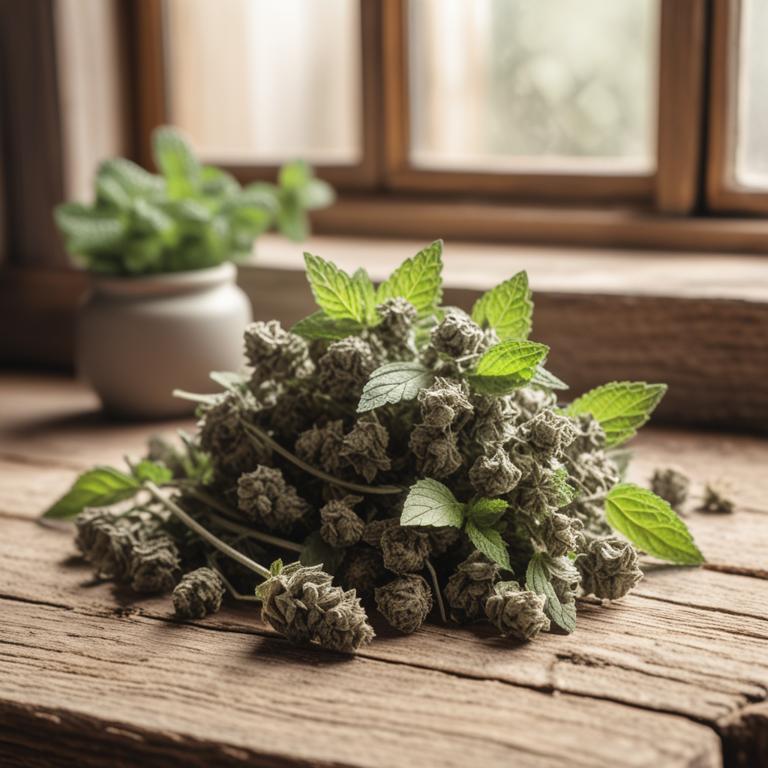
Migraine: Understanding the Causes and Herbal Remedies

Overcoming Numbness in Hands with Medicinal Herbs and Herbal Preparations
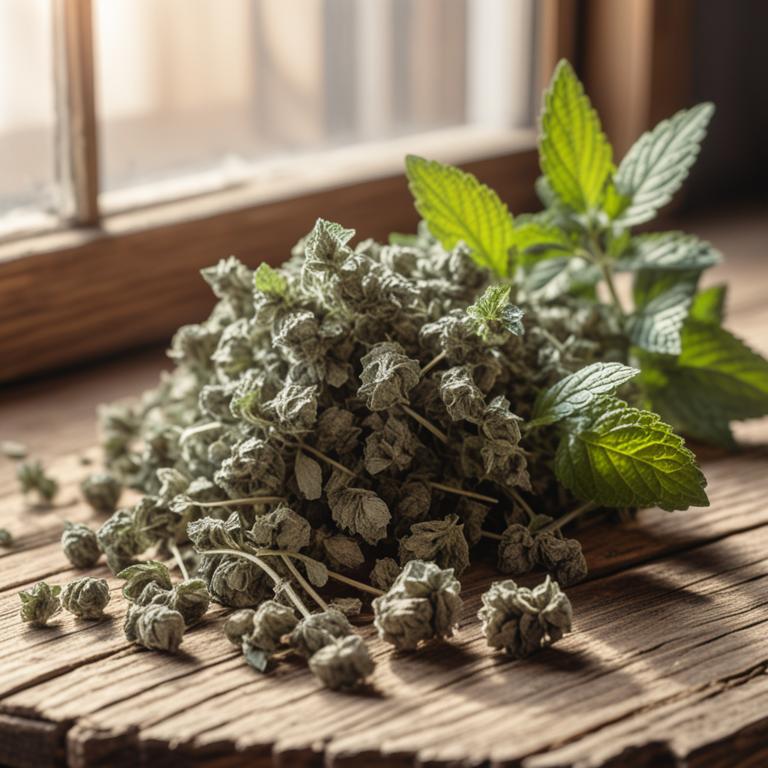
Understanding Headaches: Causes, Herbal Remedies, and Natural Preparations
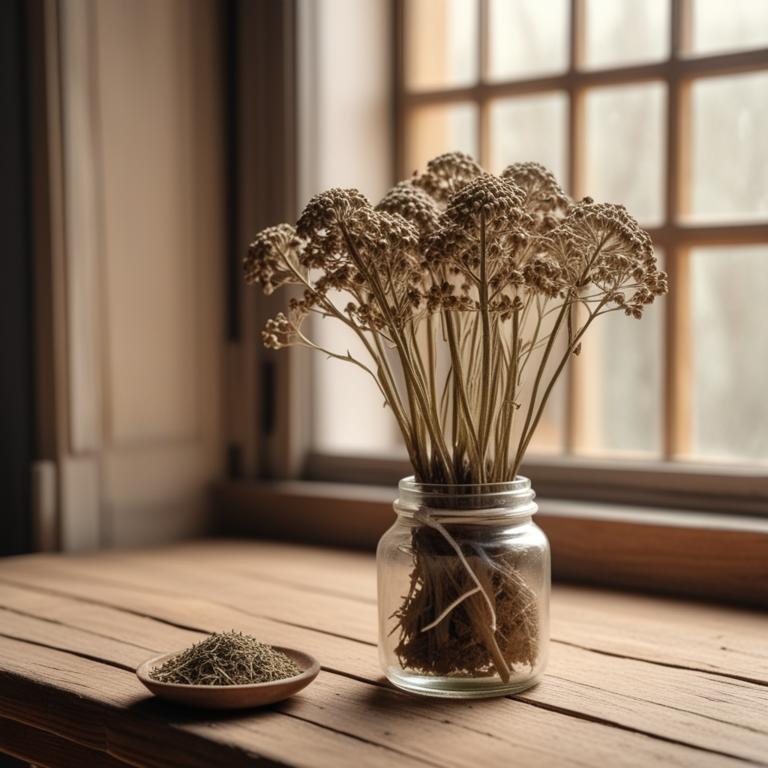
Breaking Down Depression: Causes, Symptoms, and Herbal Remedies
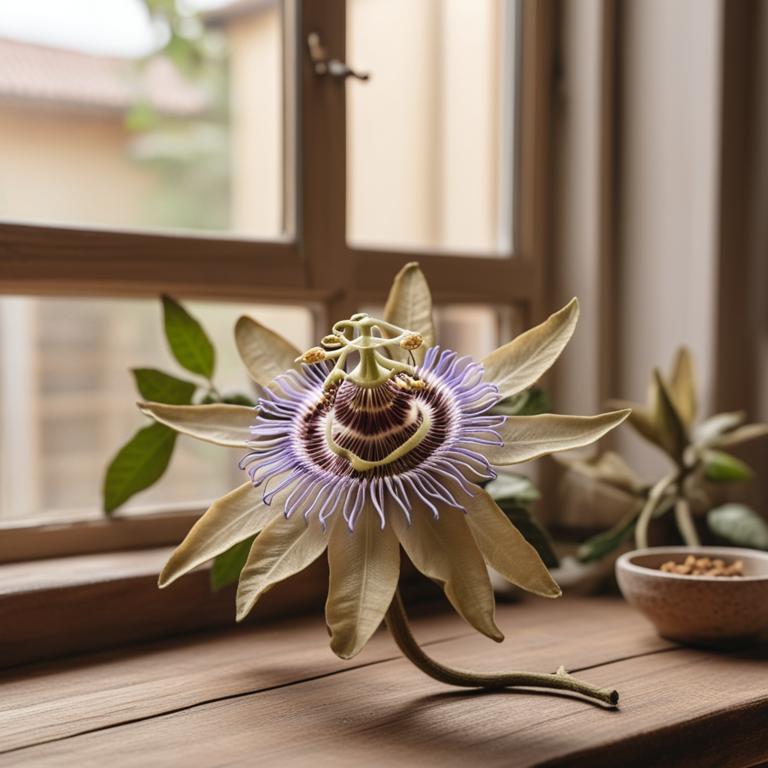
Dizziness: Causes, Symptoms, and Natural Relief with Medicinal Herbs and Preparations




